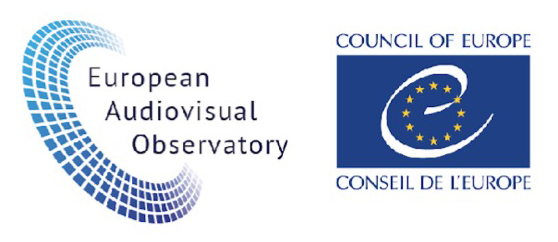 “On certain occasions courts are simply too slow to prevent or even to right a wrong… The screen life of a sports event is as short as the duration of the game…” A mapping report co-authored by the European Audiovisual Observatory and the Council of Europe analyzes the remedies adopted at national level against online piracy of sports content, in the EU and in the UK.
“On certain occasions courts are simply too slow to prevent or even to right a wrong… The screen life of a sports event is as short as the duration of the game…” A mapping report co-authored by the European Audiovisual Observatory and the Council of Europe analyzes the remedies adopted at national level against online piracy of sports content, in the EU and in the UK.
The Court of Justice of the European Union (CJEU) reports that sports events as such are not protected by copyright. In one Football Association Premier League (FAPL) case, the court noted that “sporting events cannot be regarded as intellectual creations classifiable as works”, as “the subject-matter concerned would have to be original in the sense that it is its author’s own intellectual creation”. National courts have also reached the same conclusion. However, the recording and broadcast of a sports event may be protected by copyright, where the recording meets the originality requirement.
In addition, the recording and broadcast of a sports event are protected by the related rights that are respectively granted to producers of audiovisual works and to broadcasting organisations.
In some of the countries covered by this mapping report where no specific protection is granted to sports events, sports event organisers can usually rely on domiciliary rights (also referred to as “house” rights), that allow the owner, the tenant or any other subject to claim rights the recordings made within the premises and the venues where the events take place.
Only eight of the covered countries have expressly regulated the rights on audiovisual sports events.
Read the report, “Mapping report on national remedies against online piracy of sports content”
Why it matters
Alliances like the European Union promise harmonization of intellectual property law, but it’s a work in process and there are exceptions.












